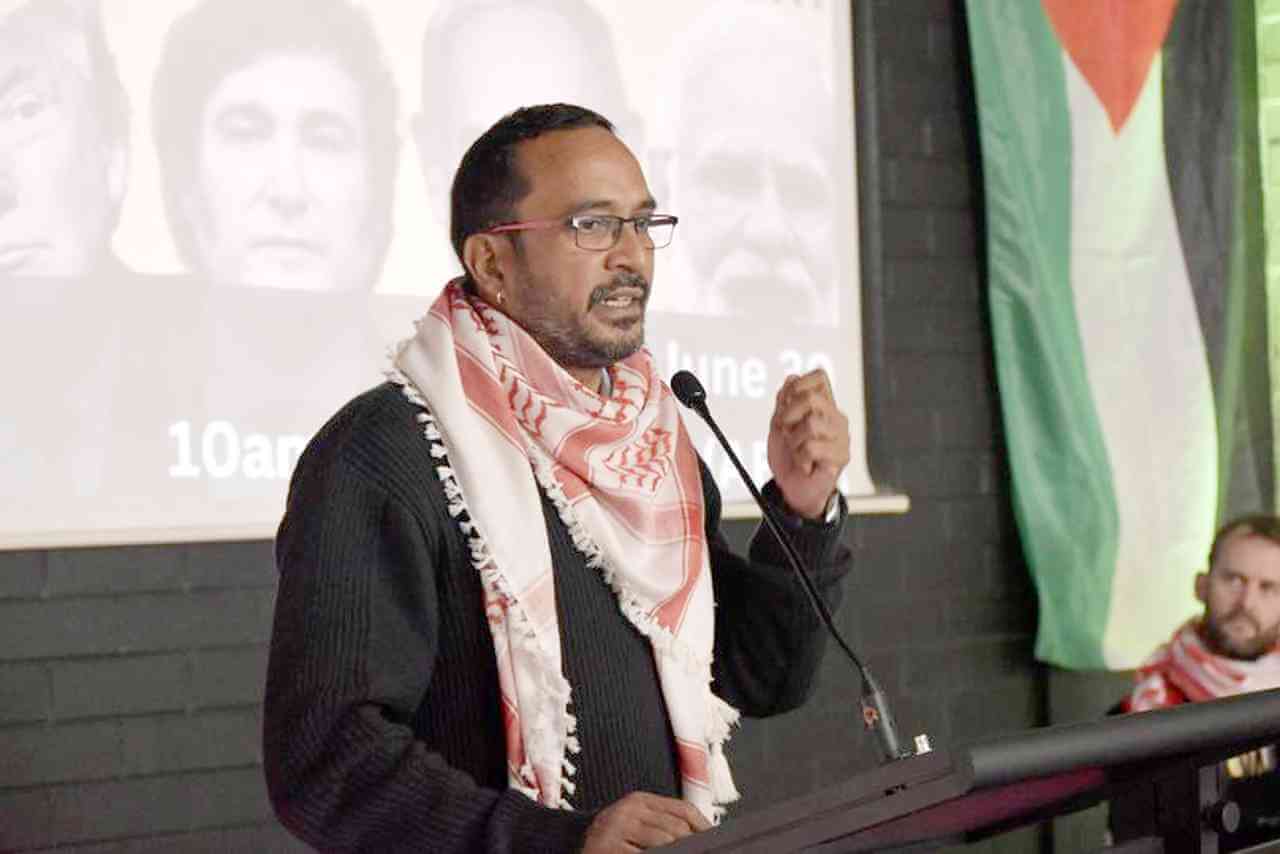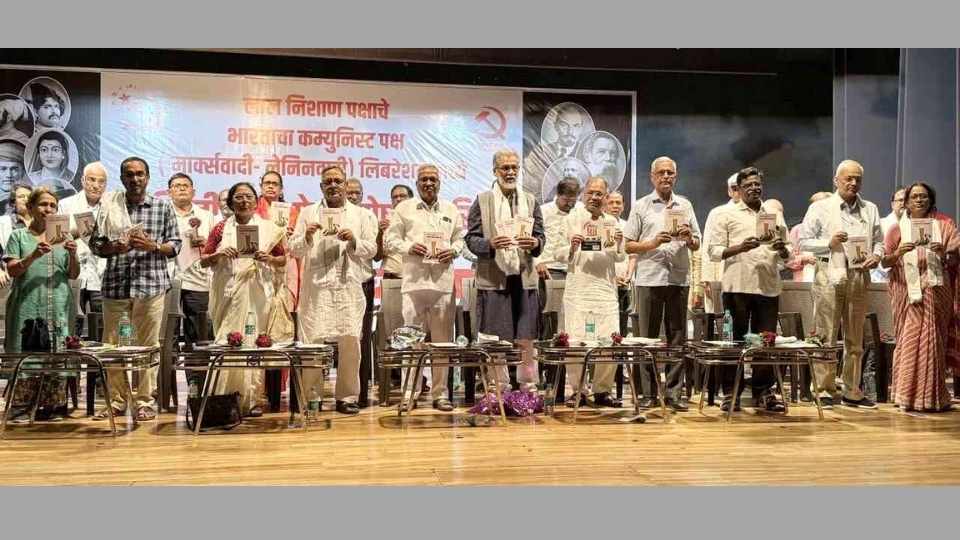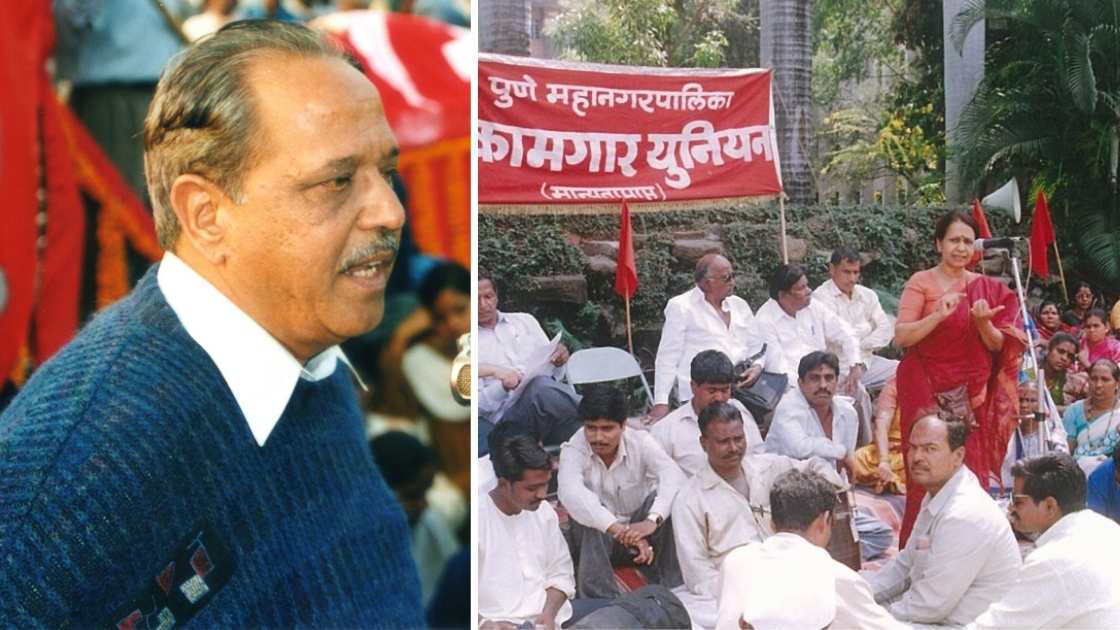In Karnataka, the Lok Sabha elections were being held within one year of the May 2023 Assembly elections, in which the Congress swept aside the incumbent BJP government by winning 135 of the 224 seats. The BJP had won 66 seats and the JD(S) 19 seats. This victory of the Congress was attributed to the dismal performance of the incumbent BJP government as much to its five poll guarantees , which the Congress, on coming to power, has implemented.
Just prior to the battle for the 28 Karnataka seats in the 2024 Lok Sabha elections, the BJP tied up with Deve Gowda’s JD(S), and allocated 3 seats to the JD(S) in addition to the Bangalore Rural seat which Devegowda’s son-in-law, Dr. C. N. Manjunath, fought on a BJP ticket.
The general buzz around the eve of the elections, which were reflected in surveys, was that the Congress would get more seats than the BJP, a prediction that was attributed mostly to the popularity of the guarantee scheme. In 2019, the BJP had swept the polls winning 25 seats, while the Congress and JDS won 1 each, and the remaining seat went to Sumalatha Ambarish (popular Kannada film star Late Ambarish’s wife).
However, the Congress ended up with 9 seats, while the BJP-JDS alliance got 19 seats. In terms of vote share, the BJP-JDS alliance secured more than 51% while Congress got 45.43%. In terms of the various regions in the State, BJP comprehensively won in its traditional strong-holds, the Lingayat-dominated Mumbai-Karnataka region, Bengaluru and the coastal Karnataka, while the BJP-JDS alliance paid effective electoral dividends in the southern part of Karnataka where it won most seats (other than Hassan and the Chamarajanagar seats). Congress, on the other hand swept its stronghold, the backward and impoverished Hyderabad Karnataka region, while picking up a couple of seats in southern Karnataka and one seat in Mumbai-Karnataka. One notable victory for the Congress was Hassan, the family borough of Deve Gowda, where the JDS candidate, Prajwal Revanna accused of sexual assaults of women, was defeated. A significant loss for the Congress was in the Bengaluru Rural seat, which was the only seat the Congress won in 2019. Here state Congress president DK Shivakumar’s brother and sitting MP DK Suresh, was swept aside by Dr CN Manjunath by a huge margin of 2.69 lakh votes.
In addition to an increased seat count, the Congress also increased its vote share as well. One would remember that in 2019 the Congress and JDS tied up for the parliamentary elections. In the 2019 elections, Congress (32.11%) and JDS (9.74%) got 41.85% of the vote share. In the 2024 elections, however the Congress increased its vote share to 45.43%. Incidentally this is the highest vote share secured by the Congress since 1989. In fact, Congress’s voting share percentage has increased every parliamentary elections since 2004 (36.8%).
The BJP, which contested 3 seats lesser than in 2019, saw its vote share reduce from 51.75% in 2019 to 46.06% while the JDS, which contested only three seats in 2024, registered 5.6% of the votes compared to the 9.74% votes in 2019 when it contested seven seats.
The vote share numbers for the Congress in the 2024 Lok Sabha elections was also a 3% from the 42.88% it got in the May 2023 Assembly elections, while the BJP improved its vote share by 10% from the assembly poll number of 36%.
The question that naturally arises is the social basis of this vote share for the three parties. Congress’s victory predominantly in the Hyderabad-Karnataka suggests a consolidation of its vote base among the backward castes, Dalits and minorities and a swing vote from women cutting across communities due to the guarantee schemes of the state government. The BJP, meanwhile prevailed in the Lingayat-dominated Mumbai Karnataka region and in Bengaluru and coastal Karnataka where it has consolidated backward classes and some Dalit vote under the communal agenda of Hindu Rashtra. The victories of the BJP-JDS in the old Mysuru and South Karnataka regions indicate the consolidation of votes of the local Vokkaliga community in favour of the new alliance. According to the CSDS-Lokniti surveys, the rich and the upper middle class continue to back the BJP, while the lower middle class backed the Congress with the poor equally divided between the two.
Having said that, we need to understanding the underlying reasons for the failure of the Congress to win more than 9 out of the 28 seats, and the success of the BJP-JDS combine, warrants an understanding as well. Suggestions are that this is a consequence of the consolidation behind the BJP-JDS alliance of the two dominant castes – Vokkaligas and Lingayats, alongside Brahmins and certain sections of other backward classes (except the Kurubas who remain firmly behind Siddaramaiah and the Congress). Another suggests that the much-lauded guarantees have not delivered votes. The real possibility, however, lies somewhere in between.
It is hardly surprising that guarantees worked for Congress to an extent, particularly in the most backward Hyderabad – Karnataka region for instance, while it also succeeded in securing votes from women cutting across communities. Alongside this is the disgruntled voter base of the JDS that has moved away due to its alliance with the BJP.
On the other hand, these electoral results have confirmed that the BJP and JDS have formed a natural alliance, which will prove dangerous for Karnataka in the long run. The high percentage of vote transfer between the JDS and the BJP only confirms this natural alliance, which is particularly challenging for the electoral prospects of the Congress since in a majority of the Assembly constituencies, the contest is between the Congress and either BJP or JDS, with the JDS and BJP fighting each other in hardly a couple of constituencies. Moreover what the BJP-JDs combine has achieved is a social alliance between the Brahmins and Lingayats who favour the BJP and the Vokkaligas who prefer the JDS, united under the communal agenda of Hindu Rashtra.
From a purely electoral point of view, these election results indicate an imminent danger for the Congress. The BJP, incidentally, has never come to power in Karnataka with a full majority, the reason being that BJP has failed to draw other communities under its ideological influence. The exceptions are the Mumbai-Karnataka, Bengaluru and Karavalli regions, where the backward classes have been communalised by decades of RSS work, and are instrumental for BJP’s political dominance in these parts. The BJP-JDS combine powered by caste and communal polarisation is going to be formidable in the coming days, going by the fact that this alliance has led in 142 out of the 224 Assembly constituencies in these Lok Sabha elections. Given that the BJP dominates where it successfully merges communal polarisation with caste polarisation, the future holds grave challenges to the secular and social fabric of Karnataka.
A couple of peculiarities about Karnataka, however, indicate that caste and communal ideology are not the sole factor determining voting preferences. Since the 1970s, Karnataka has had a State government different from the party at power at the Centre. Irrespective of whether this is considered political culture, the other peculiarity is that since 1985, Karnataka has never re-elected the incumbent, changing the government every 5 years, and in particular handing out compelling defeats to non-performing governments. This indicates a section of the populace that has still not yet bought into either caste or communal polarisation, and which is not bound to any Party.
Karnataka is crucial to the concerted southern focus of the RSS, which has reaped electoral gains for the BJP. Indeed, in Andhra Pradesh, the BJP had secured lesser votes than NOTA in 2019, but, this time around, has won three seats in alliance with TDP and Jana Sena. In Telangana, BJP has increased its tally from 4 to 8 seats (out of the 17 Lok Sabha seats); this too coming on the heels of a massive Congress victory in the Legislative Assembly elections just a few months ago. BJP had not won a single seat in Kerala till these elections but has now opened its account by winning the Thrissur seat, and securing 16% vote share overall in Kerala. Meanwhile, in Tamil Nadu, the BJP has failed to win any seats, but its vote share has increased from 3% in 2019, to 11% in these elections.
Having said that, it is undeniable that the gains for the Congress in these elections by increasing its tally from 1 seat to 9 seats, reflects a growing anti-RSS/BJP sentiment in Karnataka. Indeed, large number of individuals and organisations representing Dalits, farmers, and workers came together to articulate their resistance to the BJP’s divisive agenda. Civil society organisations and networks ran their own election campaign against price rise, unemployment and the spread of communalism. A key factor that was also highlighted was the step-motherly treatment that Karnataka (and other southern states) are receiving, especially in allocations of central funds.
As such, the mixed mandate in Karnataka while indicating a retreat from the saffron agenda and the rise of voices advocating for federalism, communal harmony and development, also reveals the challenges in ousting the right-wing from the state. The results also serve as a warning to the Congress not to take the populace for granted. Decades of saffronisation in the state has consolidated the acceptance and support for the RSS/BJP particularly in coastal Karnataka, Mumbai-Karnataka and the urban pockets of Bengaluru, Mysuru, and the Dharwad-Hubballi. The BJP-JDS combine presents a new socio-political alliance and programme, which cannot be challenged with guarantees and good governance. On the contrary what is required is a concerted struggles to overcome the economic and social inequality, anti-caste and anti-communal struggles, consolidation of democratic struggles to protect the Constitution and the rights and freedoms of the toiling masses. It is absolutely necessary to take forward this mandate of the people in the necessary battle to deliver a decisive and conclusive blow to fascism.





